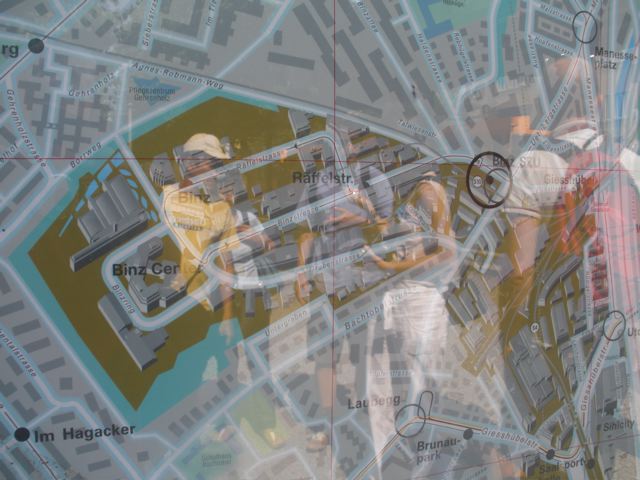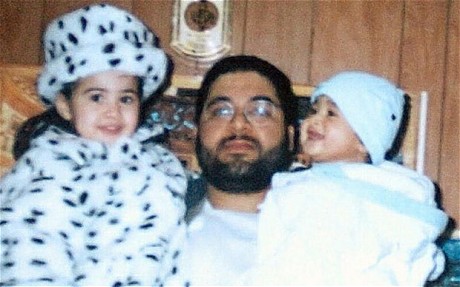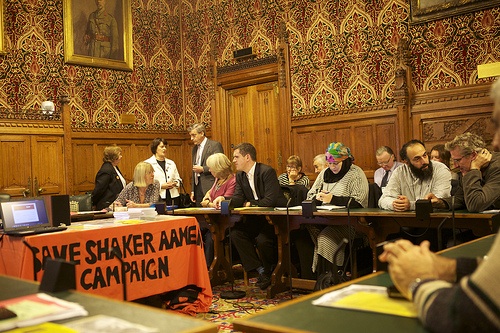
In social research using film raises many questions, some of which
have been explored and addressed in previous articles:
The relationship between visual anthropology and documentary film
Academia’s disengagement with the media: elitism or fear
However, film can add substantial depth to social research as it can
be used as reference material for write-ups and articles, examples or
illustrations of particular concepts as well as bringing ethnographic
data together in an understandable format that can be understood by a
wider audience. However, to produce a film for social research one
must have the necessary skills in participatory techniques, interview
techniques and working in the field. Most of these things will be
addressed in Spectacle’s weekend training courses:
In order to make sound documentary films for social research you will
need to have participatory techniques that engages the person or
people you are filming. Participatory techniques involve participant
observation, field notes and interviews. Participant observation is a
fieldwork technique that is used in ethnographic research in which the
anthropologist or sociologist joins in with the activities with a
group of people, rather than merely observing and watching from afar.
They take part in the daily activities, rituals and interactions with
a group of people. This is helpful for social research as this
enhances the quality of the fieldwork data.
Field notes are the records of the social data collected from
participant observation, they are used to record observations, day
events and informal interviews which does not seem overtly intrusive
like a camera would be.
Interviews are vital for social research and make up most of the
qualitative data. There are informal interviews where the interviewer
is casually asking questions in a relaxed environment and formal
interviews when the researcher has explicitly asked for a formal
interview as a specific time and place. Semi-structured interviews
involve a list of questions and prompts that will try and aim for all
topics to be covered. The success of the interviews for data
collection can vary greatly as it depends on the willingness of the
interviewees cooperation and their interest in the project.
From using these techniques you will provide the foundation for social
and ethnographic research that can be utilised with film. Recording
interviews, events and other social data with film can act as another
tool for research for later analysis or become a documentary or a
piece of work in itself. Participatory media which involves the
interviewees, allows them to see if they are being represented
properly. This can be done through working closely with the
interviewees and letting them review the footage that has been shot or
asking them what they want to be filmed and not filmed.
Filming for social research also brings up questions of ethics; mainly
issues of misrepresentation and power. Is the filmmaker and social
researcher exploiting those being interviewed and filmed? Will they be
misrepresented in the edited versions of the films and write-ups? To
solve these issues there are precautions and regulations in place that
if followed will give the interviewees more rights. For example there
are permission waivers that try and make sure that the interviewee
knows what they are agreeing to. Participatory filming with the
communities concerned will also help to make it more equal in terms of
power relations.
Follow link for next scheduled course
Short, Sharp, Affordable. Aimed at those are interested in using film within their social research and want a fast way to acquire detailed and concise digital video filming skills.
Click here to book
Or contact training@spectacle.co.uk
For information on other Spectacle training courses










